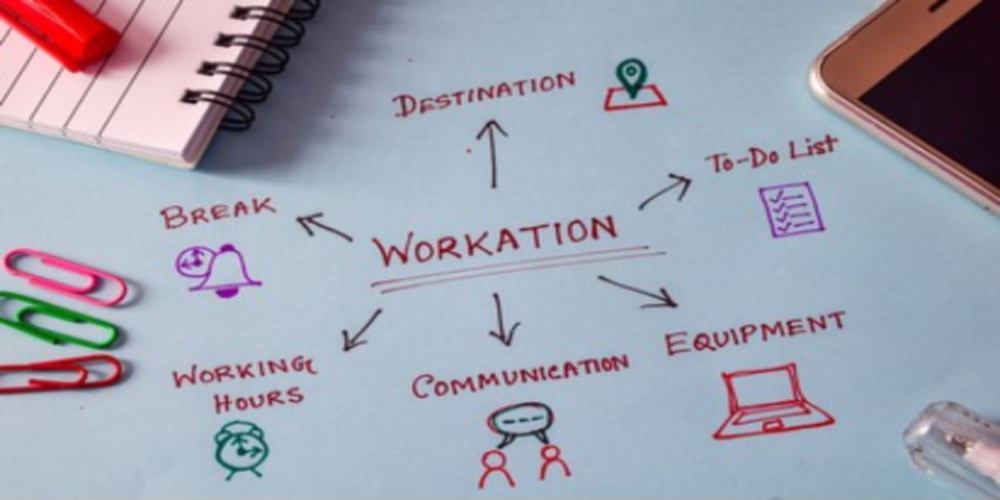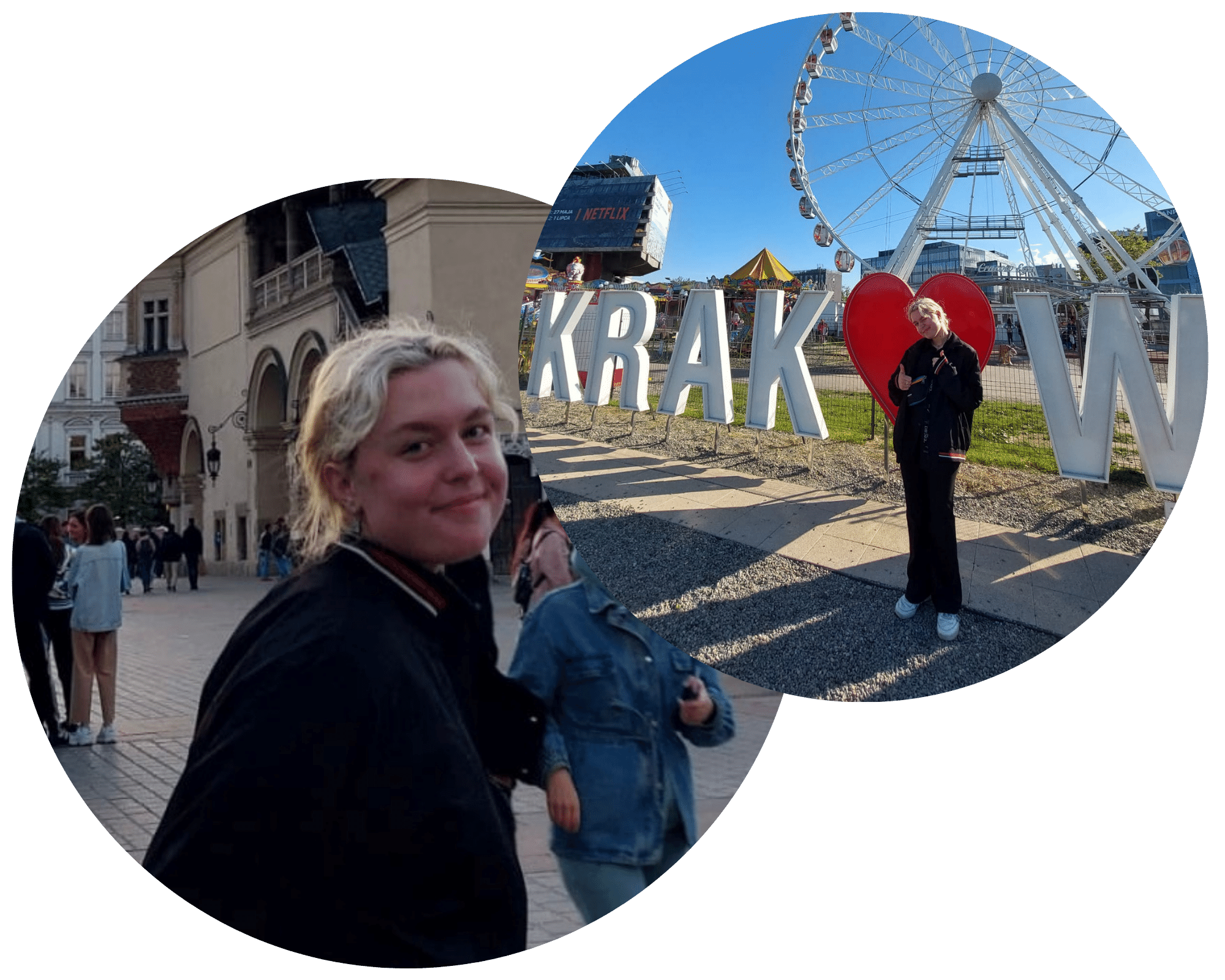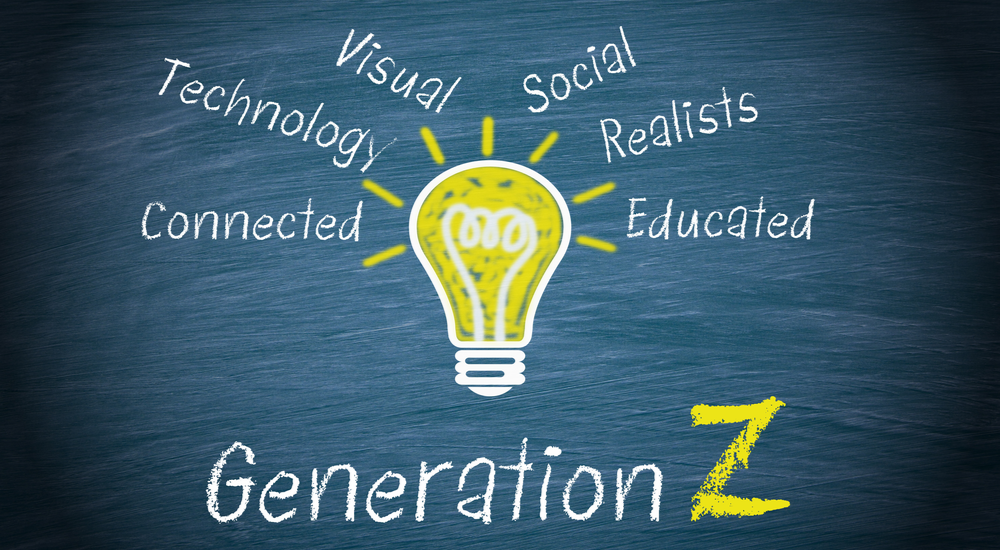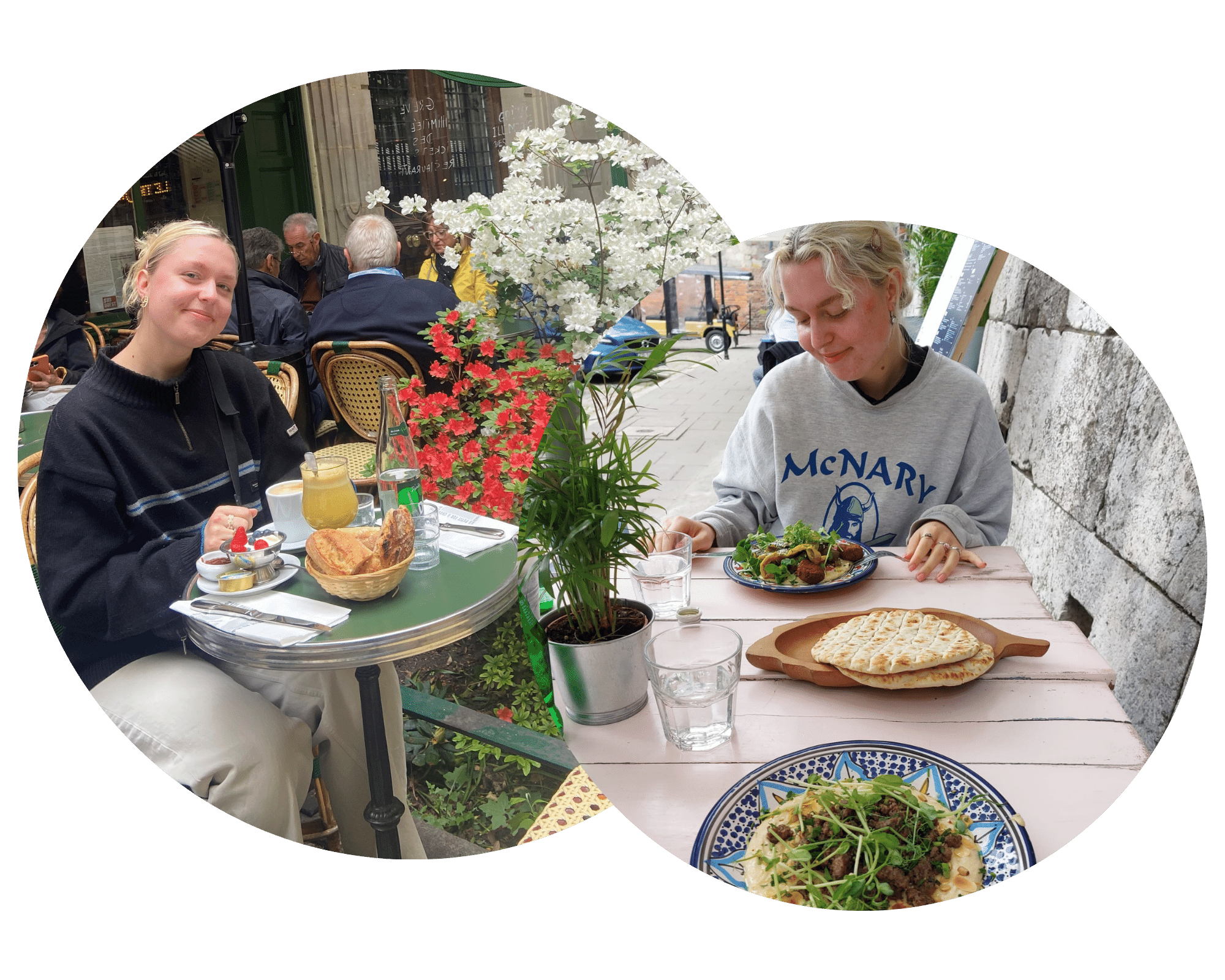
Why Should We Lead More Sustainably?
Why Should We Lead More Sustainably?
It is hard to imagine most companies today without the concept of “sustainable leadership.” Leaders are not only becoming more privately aware of the impact of climate change but also want to fight it on a corporate level.
In this article, you will learn what exactly is meant by Sustainable Leadership and how we at MDI are doing our part.
What is Sustainable Leadership?
In the Journal of Corporate Citizenship, Sustainable Leadership is defined as a leadership style that incorporates social, economic, and environmental issues into its professional concepts. Sustainable leadership is the collaboration of multiple individuals striving to provide the best possible professional future for future generations.
It is important to have an eco-centric mindset (sustainable consumption both privately and as a company), to plan for the long term, and to innovate new, environmentally friendly methods and models.
This means, then, that in a sustainable management style, strong thought is given to the future generation of workers. By consciously paying attention to the environment and planning sustainably in the company, you directly contribute to a generally more sustainable leadership culture.
What Are the Benefits of Sustainable Leadership?
According to a Forbes article, two-thirds of international organizations are striving to be more sustainable in their business. They are focusing heavily on expanding sustainable approaches because, on the one hand, they are feeling the effects of climate change both physically and financially (especially companies in the agricultural sector).
On the other hand, sustainability strategies lead to better financial performance and thus higher profitability, as a Harvard Business Review study has found.
Another relevant aspect is the fact that many job applicants prefer a sustainable management style and would rather accept a job that shares their values and where they can make a difference. 69% of workers consider the aspect of sustainability when choosing a career.
Sustainable leadership is therefore not only a financial advantage for companies but also an attractive factor for applicants and employees.

Sustainable Leadership @ MDI
At MDI, we also take sustainability to heart. For starters, we conduct the majority of our seminars virtually, which significantly reduces our carbon footprint by saving our participants’ travel expenses and the company travel and hotel costs.
Since virtual conferences can also have a negative impact on the environment, the quality of the video does not have to be extremely high. The type of technology also plays a major role – according to this, a fiber optic line is a much more environmentally friendly alternative to standard 3G mobile internet.
In addition, when choosing the means of transport, it is also important to us that public connections are used, for example, in order to reduce the ecological footprint. We also make sure that the average of our participants does not have a long or far journey to the seminar location.
However, MDI still has an annual CO2 emission of 119 tons, which is why we offset our greenhouse gas emissions by purchasing certificates from the “VCS & CCBS Forest Conservation Brazil” project. We also strive to implement sustainable management strategies at our main site in Vienna.
In general, we are aware of the state of the environment and we always strive to do our part for a more sustainable leadership culture in the spirit of Sustainable Leadership.
Office Inner Development Goals (IDG) Collaboration Partner
As an official Inner Development Goals (IDG) collaborating partner, we at MDI are committed to actively engaging with other stakeholders, organizations, and individuals, to promote the integration of transformational skills for sustainable development into our Leadership Development. We aim to facilitate dialogue, knowledge sharing, and collaboration to advance the agenda of the IDGs.
Read more on our Inner Development Goals for a Better Leadership World
Sources:
https://www.researchgate.net/publication/263604448_Sustainable_Leadership_Towards_a_Workable_Definition
https://www.forbes.com/sites/forbeshumanresourcescouncil/2022/09/07/the-importance-of-sustainable-leadership/?sh=36805631b6ae
https://hbr.org/2017/09/how-to-quantify-sustainabilitys-impact-on-your-bottom-line
https://news.gallup.com/poll/346619/environmental-record-factor-job-seekers.aspx
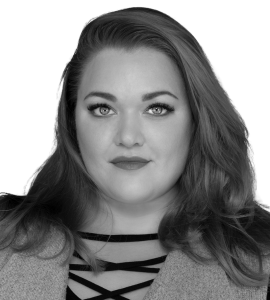
Aline Depoorter
Marketing Manager
Aline joined MDI in 2020 as a Marketing Manager with over 10 years of B2B marketing experience. She is primarily responsible for the overall coordinated organisation of MDI’s advertising activities and the management of marketing projects. This includes, among others, the MDI Business Unit SDI as well as Leadership Horizon and personalist.at. Aline is a strong marketing all-rounder with a passion for leadership development, digital transformation and event organisation.

Jana Wölfl
Marketing Assistant
Jana Wölfl works at MDI as a marketing assistant and writes blog posts for our site in addition to her studies at Leiden University.
She also works for SDI and supports us with writing content there as well.


